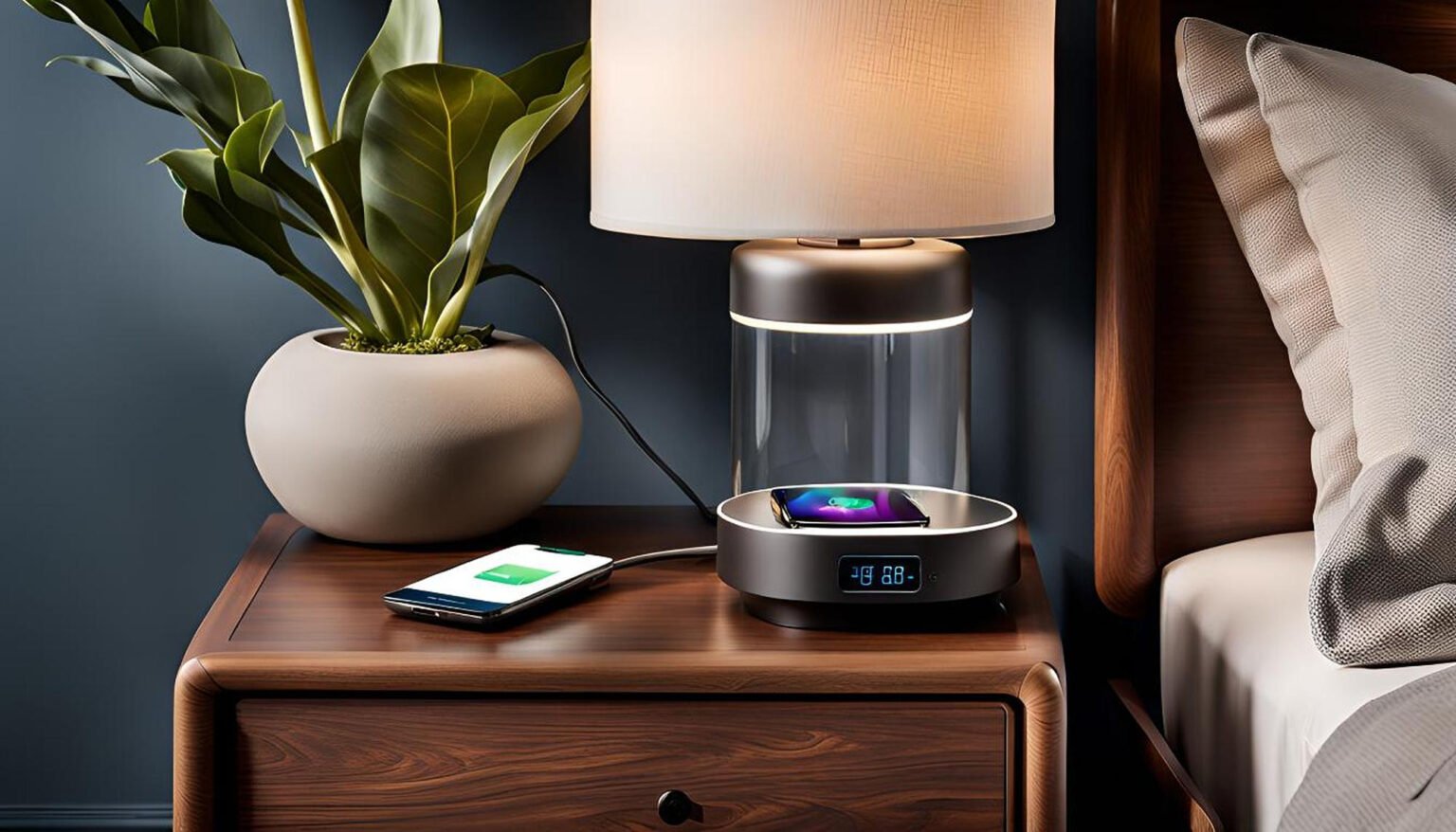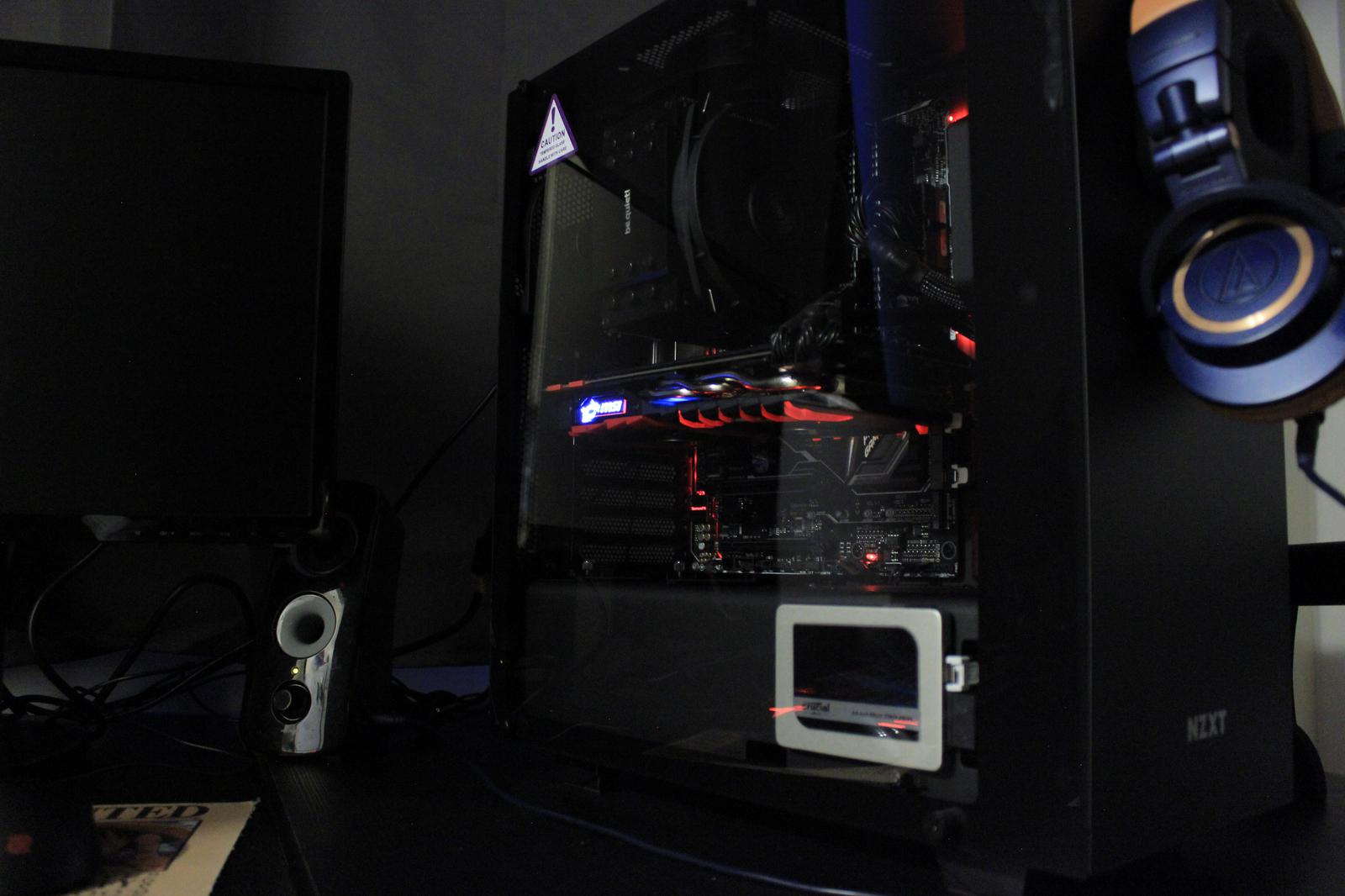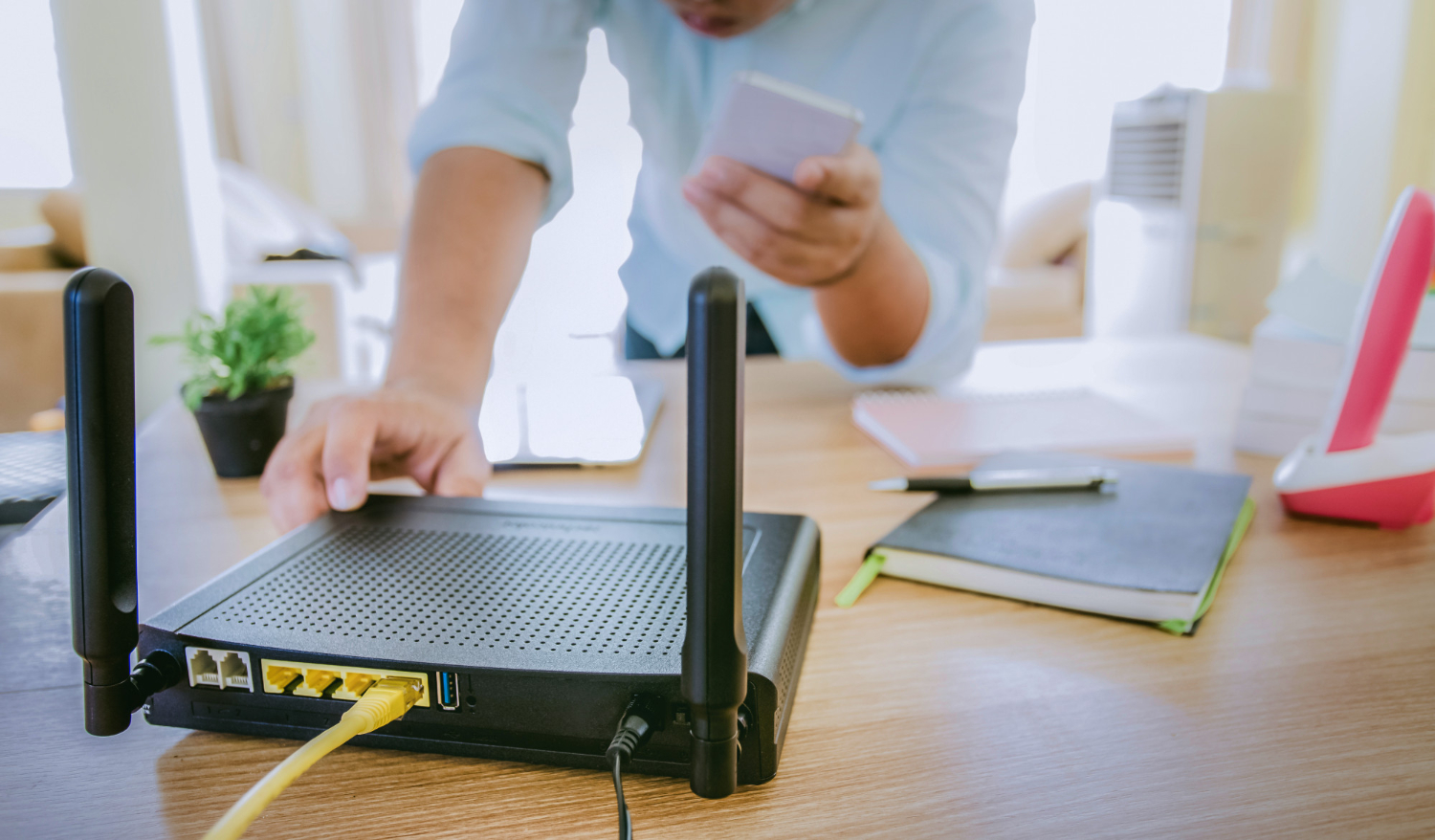Maintaining your Roku remote is crucial for optimal performance, as a well-functioning remote enhances your streaming experience.
Frequent battery replacements ensure that your remote is always ready to go, eliminating unnecessary interruptions during your binge-watching sessions.
Table of Contents
ToggleUnderstanding Your Roku Remote
Types of Roku Remotes
There are a few types of Roku remotes, each with specific battery requirements:
- Standard Roku Remote: This is the basic model which generally requires AAA batteries for operation.
- Roku Voice Remote: Equipped with voice command features, battery types for this remote may vary, often using AAA batteries as well.
- Roku Remote with Headphone Jack: This unique version focuses on audio, and battery specifics should be checked in the user manual.
Identifying Common Signs of Low Battery
Several signs indicate that your remote might be running low on battery:
- Experiencing weak signals or connection issues.
- Noticing a delayed response when pressing buttons.
- The remote may not respond at all, indicating it’s time for a battery change.
Tools Needed for Battery Replacement
Before you begin, ensure you have the following tools on hand:
- Compatible batteries (AAA or AA, depending on the remote model).
- A small flat-head screwdriver may be required for certain models.
Step-by-Step Guide to Changing Batteries
Step 1: Gather Your Materials
First, confirm that you have the right batteries ready for replacement. It’s also advisable to keep a screwdriver handy if your model needs one.
Step 2: Locate the Battery Compartment
- Standard Roku Remote: To access the battery compartment, simply slide off the back cover.
- Voice Remote: Press down on the latch to release the compartment for easier access.
Step 3: Remove Old Batteries
Carefully take out the old batteries from the compartment, noting the orientation of the positive and negative ends to ensure correct insertion of the new batteries.
Step 4: Insert New Batteries
Place the new batteries in the same orientation as noted from the old ones. Make sure they fit snugly to avoid any connectivity issues.
Step 5: Reassemble the Remote
Once the new batteries are in place, securely replace the back cover or latch. Avoid forcing it to ensure that batteries remain in position.
Step 6: Test the Remote
Finally, turn on your Roku device to check the remote’s functionality. Press the buttons to confirm that everything is working seamlessly with the new batteries.
Troubleshooting Common Issues
If your remote is still not responding after battery replacement, try the following:
- Remote Not Responding: Double-check the orientation of the batteries and replace them again if necessary.
- Signal Problems: Ensure there’s no interference from obstacles and consider replacing batteries if issues persist.
Maintenance Tips for Your Roku Remote
To keep your Roku remote functioning well:
- Store it in a consistent location to avoid losing it.
- Proactively check and replace the batteries from time to time to prevent any disruptions in functionality.
Conclusion
Changing the batteries in your Roku remote is a straightforward process that can greatly enhance its performance.
Regular maintenance is essential for ensuring uninterrupted streaming entertainment, so don’t forget to check the batteries periodically.
FAQs
How often should I replace the batteries in my Roku remote?
The typical lifespan of batteries varies based on usage; however, a good rule of thumb is to replace them every 3-6 months for optimal performance.
Can I use rechargeable batteries in my Roku remote?
Yes, rechargeable batteries can be used; however, ensure they are compatible and check their charge status regularly to avoid interruptions.
What should I do if changing the batteries doesn’t fix my remote?
If changing the batteries doesn’t resolve the issue, consider checking for potential problems with the remote itself or your Roku device, and seek assistance if necessary.









